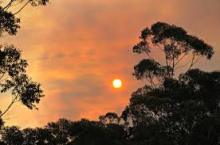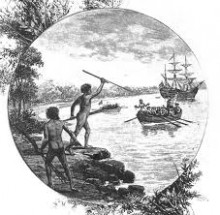 As some of you know, I was inspired to work in the healing trauma field in large part by Judy Atkinson’s wonderful book Trauma Trails: Recreating Song Lines – The Transgenerational Effects of Trauma in Indigenous Australia. Here is a short bio of Judy, taken from the We Al-li website:
As some of you know, I was inspired to work in the healing trauma field in large part by Judy Atkinson’s wonderful book Trauma Trails: Recreating Song Lines – The Transgenerational Effects of Trauma in Indigenous Australia. Here is a short bio of Judy, taken from the We Al-li website:
‘Emeritus Professor Judy Atkinson is a Jiman (central west Queensland) and Bundjalung (northern New South Wales) woman, with Anglo-Celtic and German heritage.
Her academic contributions to the understanding of trauma related issues stemming from the violence of colonisation and the healing/recovery of Indigenous peoples from such trauma has won her the Carrick Neville Bonner Award in 2006 for her curriculum development and innovative teaching practice. In 2011 she was awarded the Fritz Redlick Memorial Award for Human Rights and Mental Health from the Harvard University program for refugee trauma.

 ‘Our first generations were killed and imprisoned, and females sexually misused. Our second generations turned to alcohol or drugs as their cultural and spiritual identity was damaged; in our third generations we had spousal assault and societal trauma.
‘Our first generations were killed and imprisoned, and females sexually misused. Our second generations turned to alcohol or drugs as their cultural and spiritual identity was damaged; in our third generations we had spousal assault and societal trauma.
 As some of you know, I was inspired to start working in the healing of intergenerational trauma field after reading Judy Atkinson’s book
As some of you know, I was inspired to start working in the healing of intergenerational trauma field after reading Judy Atkinson’s book 








